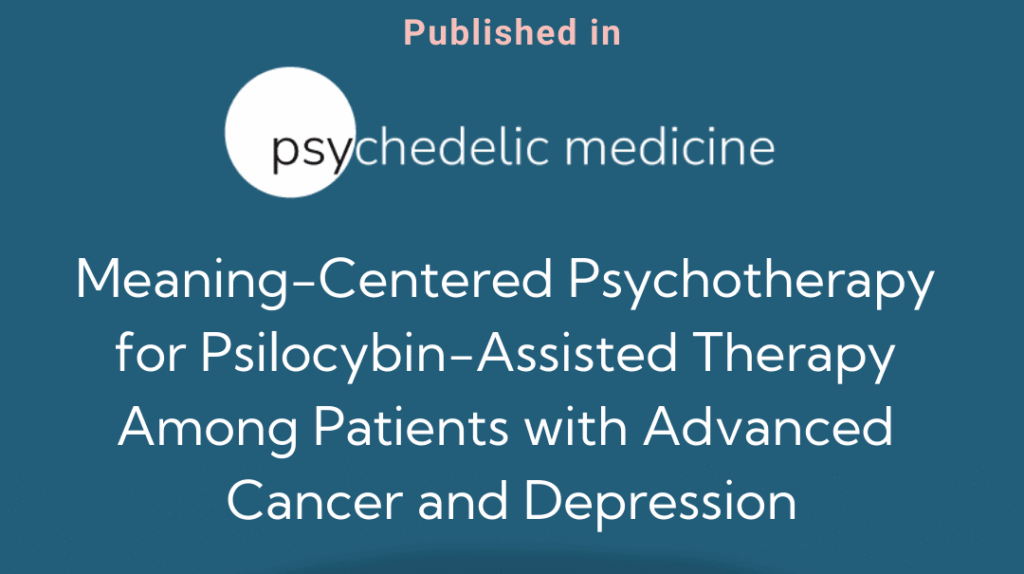A therapist’s perspective on the value of exploring not suppressing emotions.
By Maureen Betz, L.C.S.W.-C | Psychology Today | March 21, 2025
Published by the Modern Medicine Group

Many people seek mental health treatment because their symptoms interfere with daily life—what clinicians define as a “disorder.” For example, someone who survived a traumatic event, like an assault in a parking garage, may still feel fear years later in similar environments. Though the threat is gone, their nervous system reacts as if it’s happening again. To avoid this distress, they may start avoiding situations that involve parking garages altogether—impacting their ability to function.
This raises the question: Are these responses truly disordered? Or are they natural survival mechanisms misfiring in safe contexts?
Traditional therapy often aims to reduce or eliminate symptoms. But when we’re told “you shouldn’t feel that way,” it invalidates the real emotional experience and may deepen shame. Clients often say, “I know this isn’t logical, but I still feel it.” Rational thought rarely makes the feeling disappear—because feelings aren’t always rational. They’re signals, not problems to fix.
In psychedelic therapy, patients are encouraged to face discomfort rather than avoid it. Through preparation, dosing, and integration, they learn to recognize emotions in the body—tight chest, racing heart—not as threats, but as experiences to observe with curiosity and compassion.
This approach builds trust in one’s internal experience, helping patients shift from suppressing emotions to staying present with them. Over time, the practice of feeling rather than fleeing these sensations helps soften them—offering relief not by erasing emotions, but by transforming the way we relate to them.


